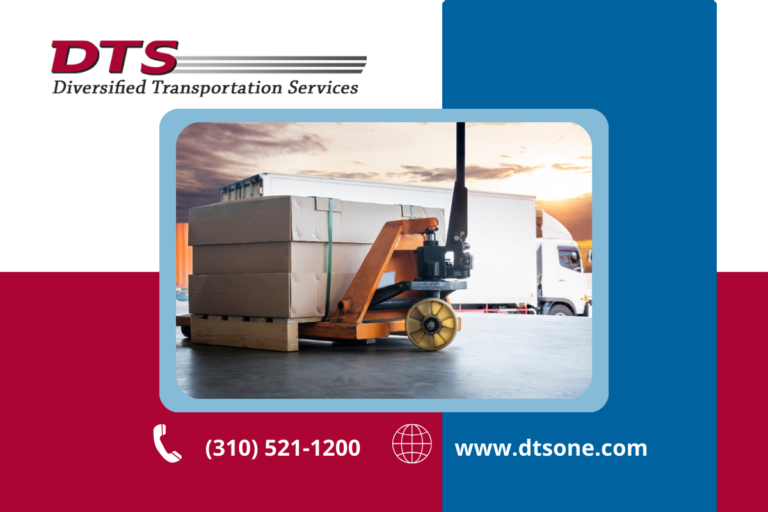
Unveiling the differences between FTL vs LTL shipping opens up a world of strategic possibilities for businesses. While both methods serve the same fundamental purpose of transporting goods from one location to another, their approaches, costs, and efficiencies vary significantly. Understanding these distinctions is crucial for optimizing logistics operations and achieving cost-effective shipping solutions.
E-commerce has led to an increase in shipping all across the globe. Every day, the transportation system in the U.S. ships an average of 54 million tons of freight worth almost $48 billion, or about 63 tons of goods per person per year, and these numbers are expected to grow.
And there are multiple ways to get items to their destination. Depending on the distance required, the best shipping method may be by land or by air travel. For land travel, there are two major types of shipping transportation. These are LTL and TL shipping methods.
LTL Shipping (Less-than-truckload) - This form of shipping accepts multiple shipments from many customers. The freight in a less-than-truckload shipping system shares freight space with freights from other companies. The freight will stop at multiple terminals from the beginning of the shipment process to the final destination.
FTL Shipping (Full Truckload) - Shipping a full truckload means your freight is the only shipment on the truck. The carrier will take it straight from the origin to the destination. No other shipments will be on this freight because your shipment is big enough to take up the whole truck.
For FTL vs LTL shipping, no one method is better than the other. The method that you choose for your shipments will depend on the size as well as the destination. When comparing FTL vs LTL shipping, it's important to recognize that neither method is inherently superior to the other. The optimal choice for your shipments will ultimately depend on various factors, including the size and destination of your goods.
While LTL shipping offers flexibility and cost-effectiveness for smaller shipments that don't require a full truckload, FTL shipping provides the advantage of dedicated space and faster transit times for larger or time-sensitive shipments.
By carefully evaluating your specific shipping needs and considering factors such as shipment size, budget, and desired delivery times, you can make an informed decision that best aligns with your business objectives. Ultimately, both FTL and LTL shipping play valuable roles in the logistics landscape, offering distinct advantages to meet a diverse range of transportation requirements.
Contact us for more information. DTS will be happy to serve you with your queries!
Whether you're a company looking to improve one facet of your supply chain, your entire supply chain, or simply looking for a transportation and logistics consultation, we can help.